Gunkan sushi, a popular and distinct sushi style in Japan, embodies simplicity and traditional elegance. Originating from the vibrant streets of Tokyo, this sushi variant is cherished for its unique presentation and delightful flavors. So for sushi enthusiasts seeking an unadorned yet remarkable culinary experience, gunkan sushi effortlessly captures the essence of Japan’s time-honored culinary heritage.
What is Gunkan sushi?
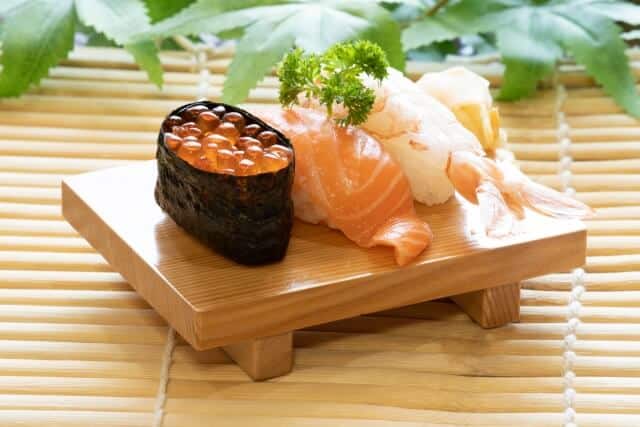
Gunkan sushi is sushi made by wrapping vinegared rice in nori seaweed and placing sushi toppings on top. The main feature of gunkan sushi is its ability to hold various toppings. It might be too loose or creamy to stay on traditional nigiri sushi. The name “gunkan” translates to “warship” in English, referring to its unique shape. It consists of a minor, hand-formed oblong mound of sushi rice, wrapped with a strip of nori seaweed around its sides, resembling a small boat. The nori acts as a barrier, preventing the toppings from falling apart and allowing for a more creative and diverse range of ingredients. Some popular toppings for gunkan sushi include fish roe (ikura), sea urchin (uni), chopped raw fish (tartare), and various other seafood and vegetables.
Some sushi restaurants that speak of old Edomae do not serve salmon roe, and some serve sea urchins as nigiri sushi. Also, Gunkanmaki sushi can only keep its shape for a few tens of minutes, so some restaurants don’t include it in delivery menus.
Gunkan sushi History
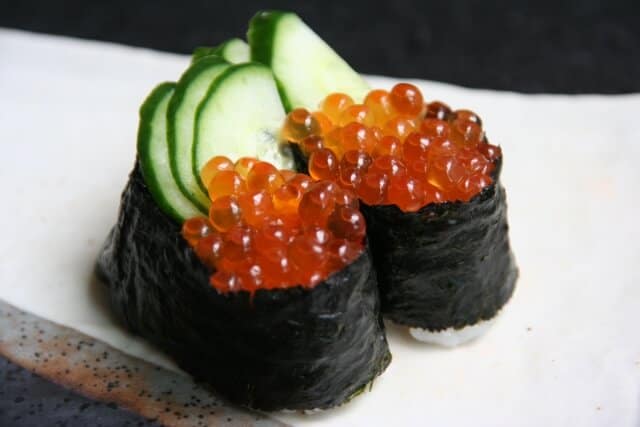
The origins of gunkanmaki sushi can be traced back to the mid-20th century in Japan, specifically in Tokyo. Locals first created this in response to a culinary challenge presented by the changing availability of certain seafood toppings. During the 1930s and 1940s, Japan experienced a scarcity of seafood, including certain types of fish roe (ikura) and sea urchin (uni). These delicacies were highly prized and favored in traditional nigiri sushi preparations. However, due to their limited supply, sushi chefs faced difficulties in serving them in the customary manner atop hand-pressed sushi rice.
In 1941, when sushi was gradually becoming popular all over the country. Gunkanmaki was born from the words of a customer who was a regular customer at the sushi restaurant ” Kyubei” in Ginza, Tokyo. A visionary sushi chef, whose name remains uncertain, devised a brilliant solution. The chef ingeniously wrapped a strip of nori seaweed around the sides of a minor, hand-formed mound of sushi rice. This simple innovation formed a vessel-like shape, resembling a “gunkan” or “warship,” which could now securely hold the loose or creamy toppings without spilling over. By utilizing the nori barrier, the chef successfully preserved the integrity of the toppings. It allows customers still to enjoy the sought-after flavors of ikura and uni.
Various types of Gunkan sushi
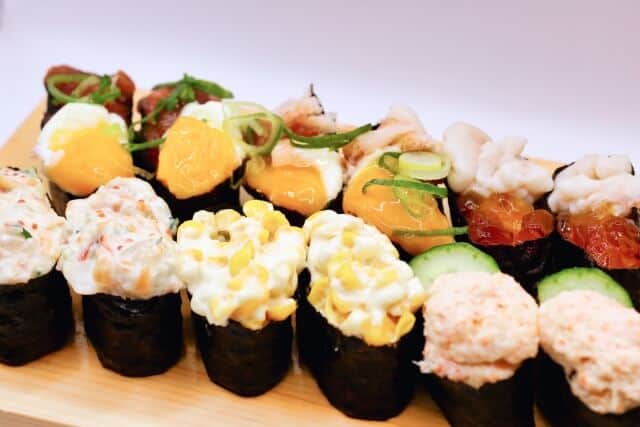
Gunkanmaki sushi offers a versatile canvas for various toppings, allowing chefs to get creative with their culinary artistry. Some of the popular types of gunkanmaki sushi include:
Ikura Gunkan
The original and classic gunkanmaki, featuring vibrant and juicy fish roe, usually salmon roe, piled onto a bed of sushi rice, held in place by the nori strip.
Uni Gunkan
This version showcases the prized sea urchin, or uni, atop the sushi rice. The creamy and delicate texture of uni complements the rice perfectly.
Tobiko Gunkan
Tobiko refers to flying fish roe, which comes in various colors like orange, red, green, or black. Each color may have a slightly different flavor profile, adding a delightful crunch to the sushi.
Negitoro Gunkan
A combination of fatty tuna (toro) and finely chopped green onions (negi). The richness of the toro and the freshness of green onions create a harmonious flavor contrast.
How to eat Gunkan sushi?
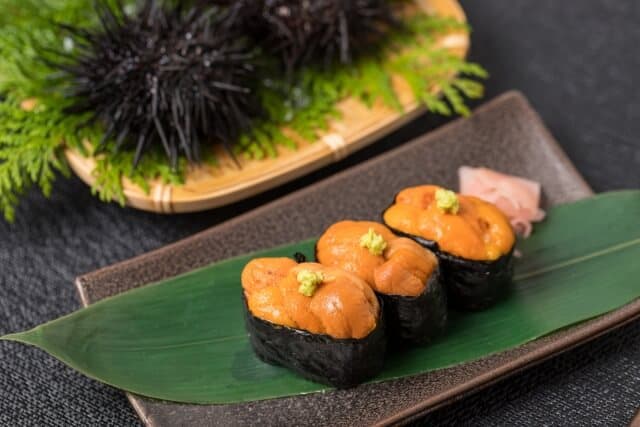
First, whether to add soy sauce or not, but salmon roe is generally pickled in soy sauce, so soy sauce is unnecessary. In addition, the seafood salad gunkan you see in the recent conveyor belt sushi has a taste, so you can eat it as it is. If you want to dip the salmon roe in soy sauce, dip the gari and the cucumber on salmon roe in soy sauce. It is bad manners to dip the gunkan sushi rice directly into the soy sauce plate or lift the soy sauce plate.
Gunkan sushi FAQ
- Can gunkan sushi be easily customised to suit individual preferences?
-
Yes, gunkanmaki sushi is highly customisable, making it well-suited to accommodate individual preferences and dietary restrictions. The versatility of this sushi style allows for a wide range of toppings, allowing diners to choose ingredients that align with their tastes and dietary needs.
- Can I make gunkanmaki sushi at home or enjoy it at a sushi restaurant?
-
Yes, you can make gunkanmaki sushi at home! Making gunkanmaki sushi can be a fun and rewarding experience, allowing you to customise the toppings and experiment with different flavors.
Gunkan sushi Recipe
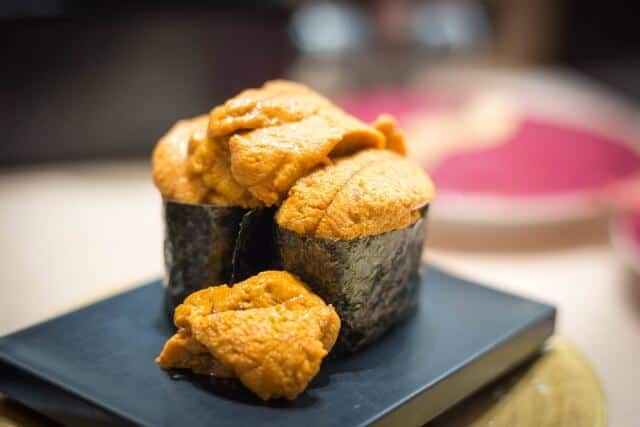
Gunkan sushi Ingredients
| Ingredients of Gunkan sushi for 3 persons | Measurements |
|---|---|
| Sushi rice | 450g |
| Nori seaweed | 120g |
| Fresh salmon (sashimi-grade), thinly sliced | 200g |
| Soy sauce | 15g |
| Wasabi paste | 10g |
| Pickled ginger (gari) | 20g |
| Tobiko | 100g |
How to make Gunkan sushi?
Rinse 450 grams of sushi rice under cold water until the water runs clear. Cook the rice according to the package instructions or using a rice cooker.
Ensure the fresh salmon and tobiko are thinly sliced and ready for topping.
Cut the nori into 3cm x 13cm pieces then take a small amount of seasoned sushi rice and shape it into a rectangular ball, about 25-30 grams each.
Arrange the gunkanmaki sushi on a plate, making approximately 2-3 pieces per person. Then, serve with soy sauce for dipping and pickled ginger on the side.
Where to buy Gunkan sushi?
Sushi Academy Ginza (鮨アカデミー 銀座店)
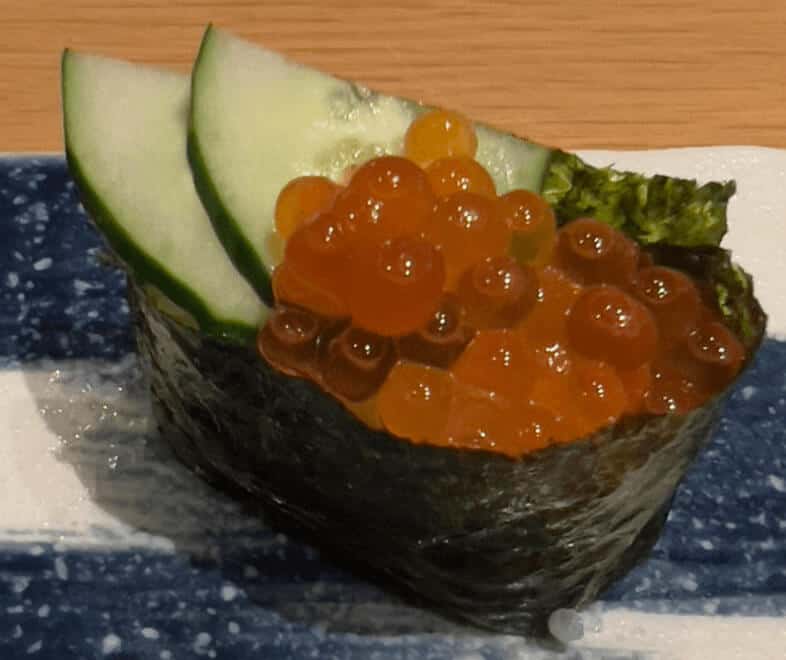
At Sushi Academy Ginza, embark on a delightful seafaring adventure of flavor with their exquisite Gunkanmaki Sushi. As you delve into the all-you-can-eat sushi experience, prepare to be captivated by the artistry and taste of these unique creations. The expert sushi chefs at Sushi Academy Ginza skillfully assemble these delightful morsels, artfully combining the finest ingredients from the deep blue seas.
Kappa Sushi Katsushika (かっぱ寿司 葛飾立石店)
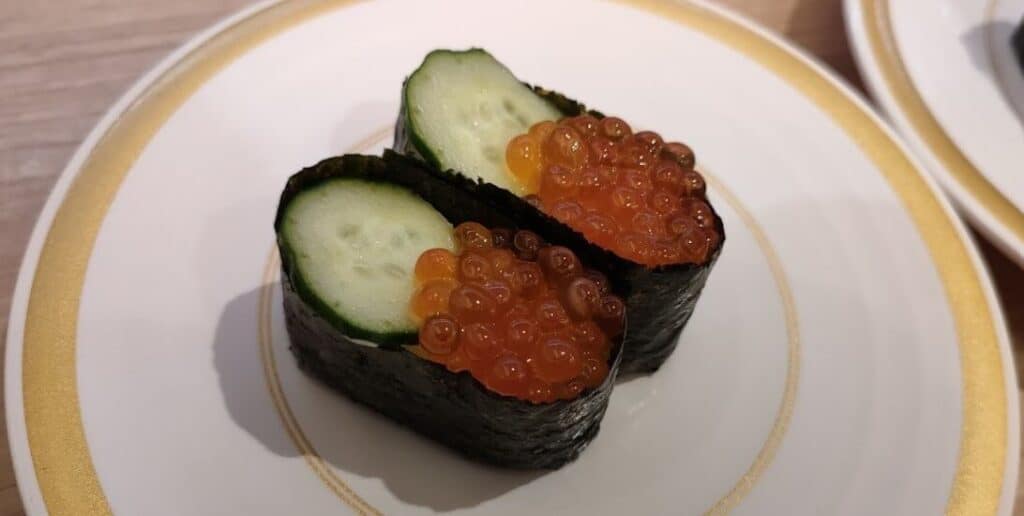
You will be presented with a culinary adventure as you sit at Kappa Sushi Katsushika. The Gunkanmaki platter arrives, an impressive display of tiny seaweed-wrapped boats, each carrying its delightful cargo of flavors. The masterful sushi chefs at Kappa Sushi Katsushika craft these unique pieces with precision and dedication, ensuring a feast for the eyes and the palate.
Kura sushi (無添蔵 伊丹昆陽店)
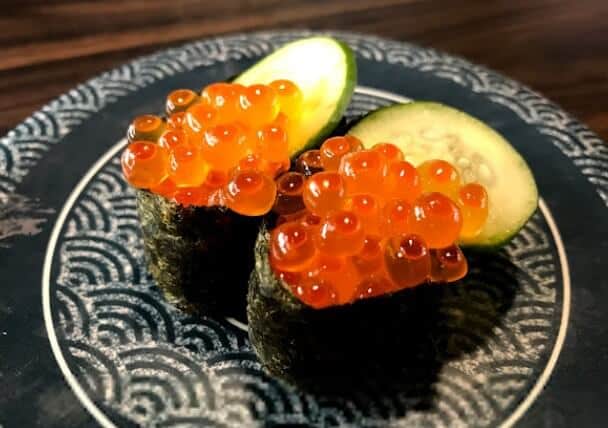
The Gunkanmaki sushi experience begins with a visual feast at Ouchi De Kura. Arriving at your table is a captivating display of miniature sushi boats skillfully crafted by their talented sushi chefs. Beyond the classics, Ouchi De Kura also embraces innovation and creativity. You might find enticing Gunkanmaki variations with unexpected toppings that showcase the artistry and inventiveness of their culinary team. The possibilities are as vast as the ocean, from delicate slices of fresh sashimi to tantalising vegetarian options.
Takeaway
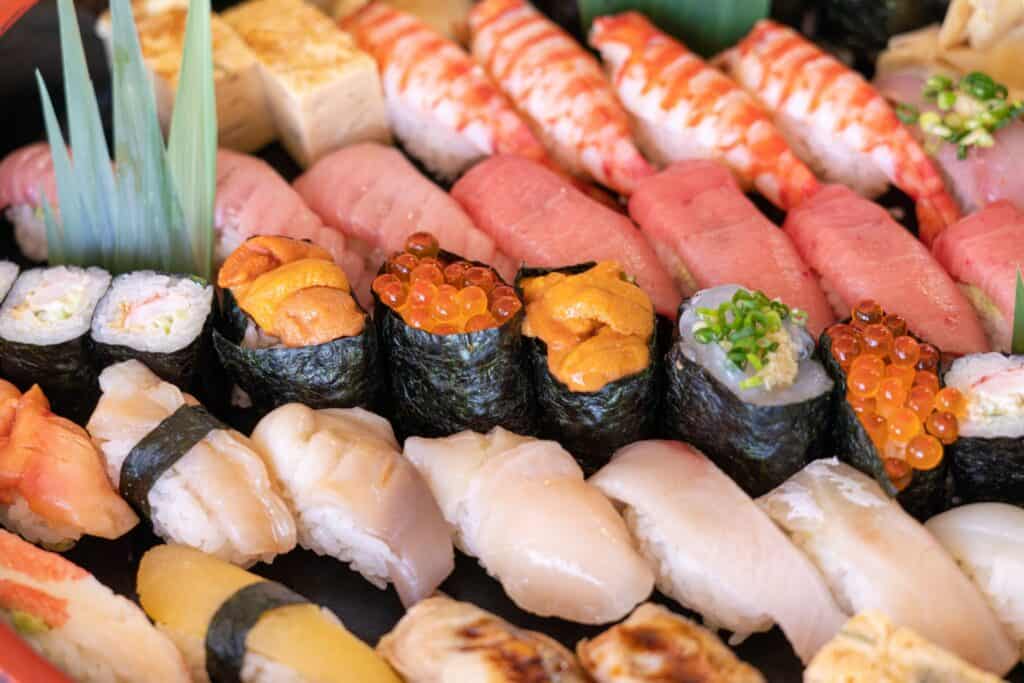
In conclusion, delving into the world of gunkan sushi in Japan has been an eye-opening experience, revealing the simplicity and yet artful complexity of this beloved culinary tradition. Through its unique “boat” shape, gunkanmaki allows for a diverse range of delicious toppings, highlighting the essence of Japanese flavors and fresh ingredients. The takeaway is crystal clear – gunkan sushi is delightful and approachable dish that embodies the heart of Japanese cuisine. So, whether relishing it at a sushi restaurant or crafting it at home, one thing remains certain: gunkan sushi is an enticing and delicious experience worth savouring.
You can check some Japanese sushi dishes that we know you would like to try too.
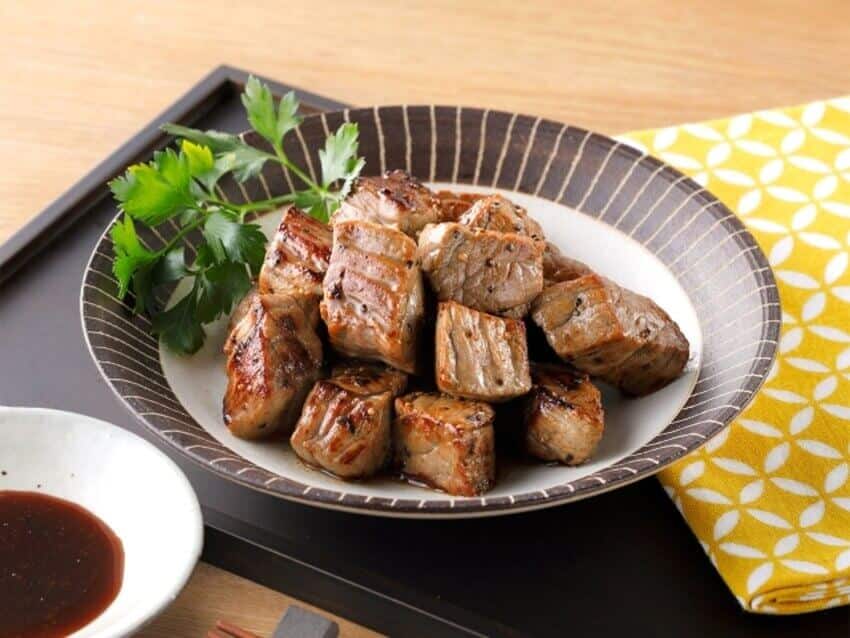
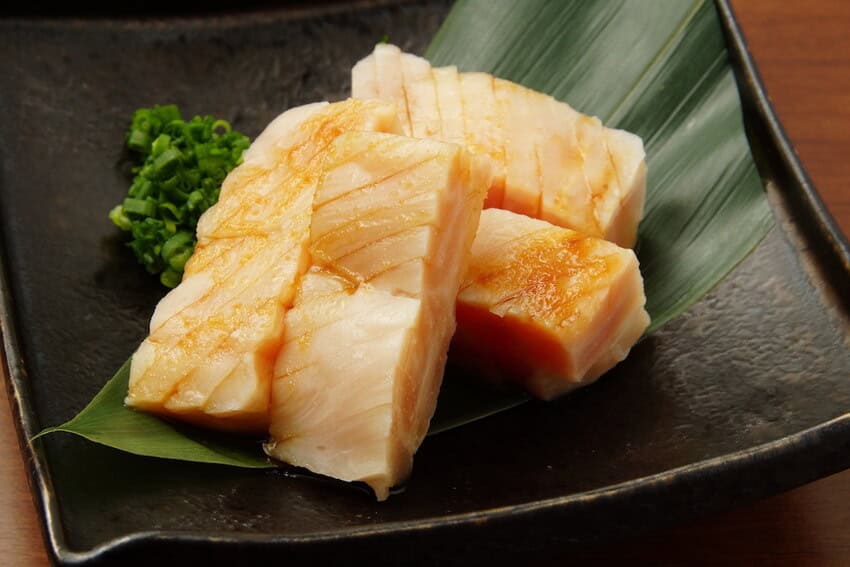
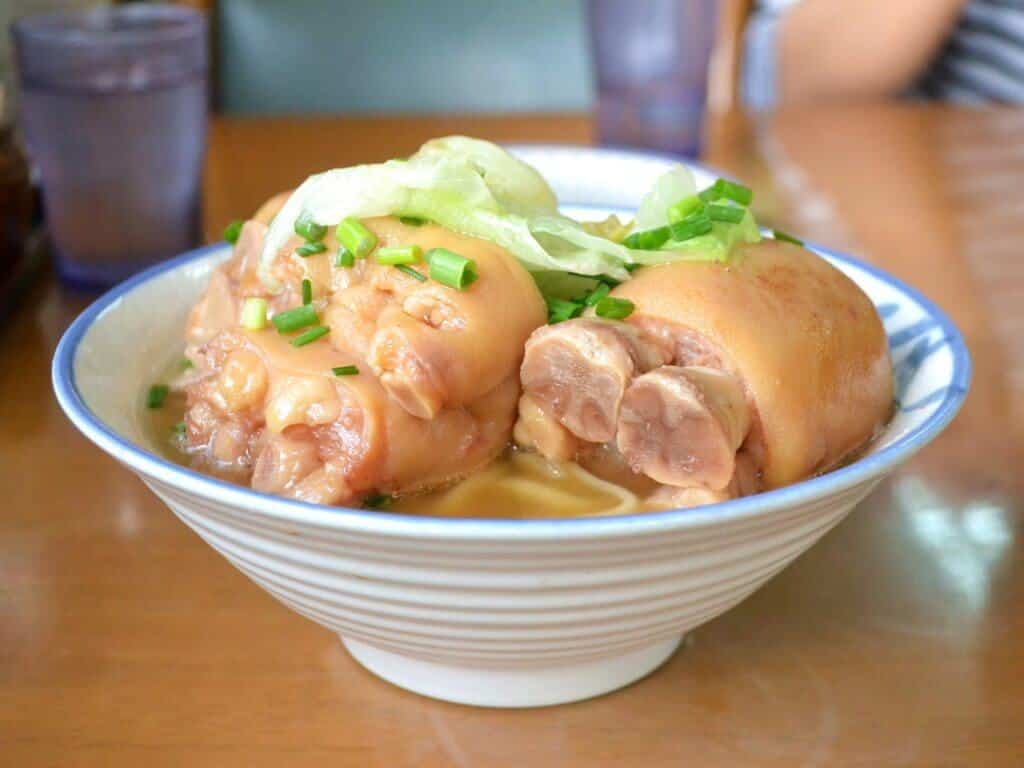

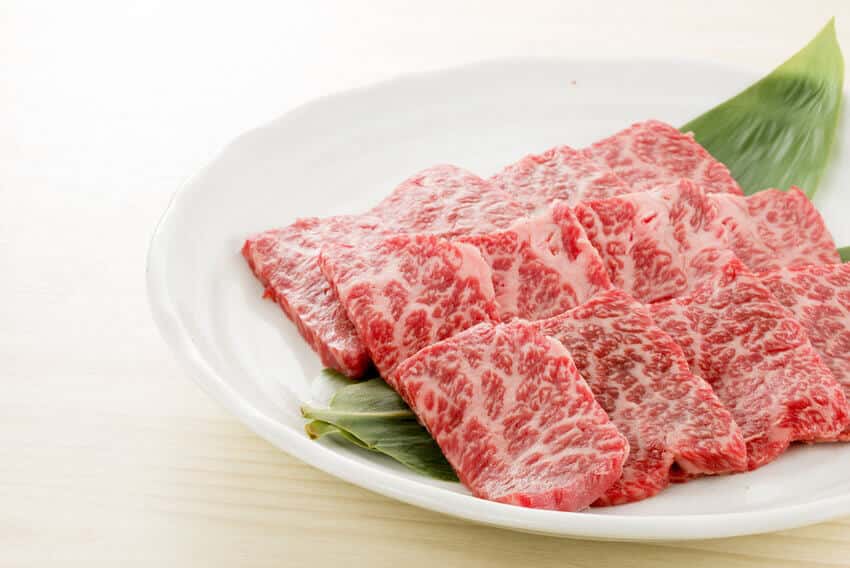

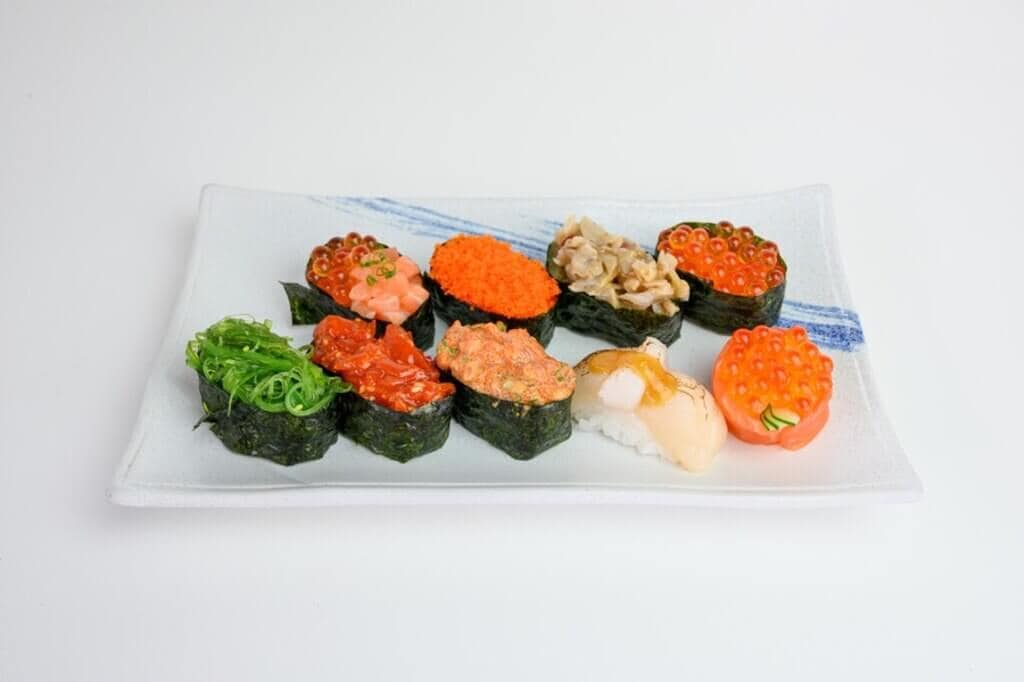
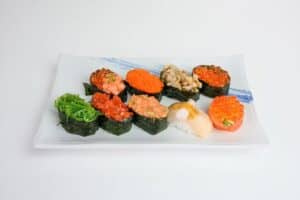
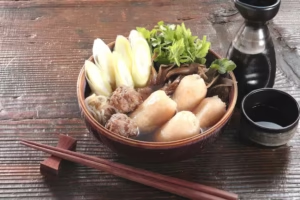

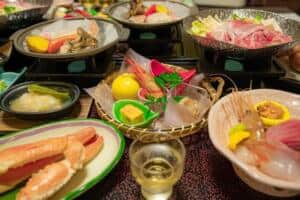
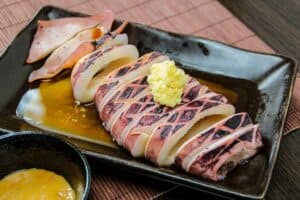
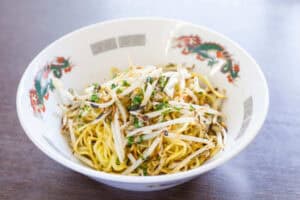
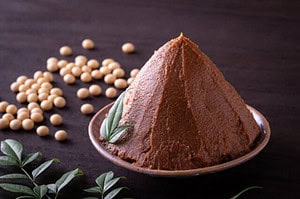
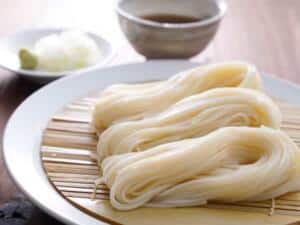
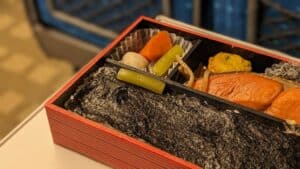
Comments